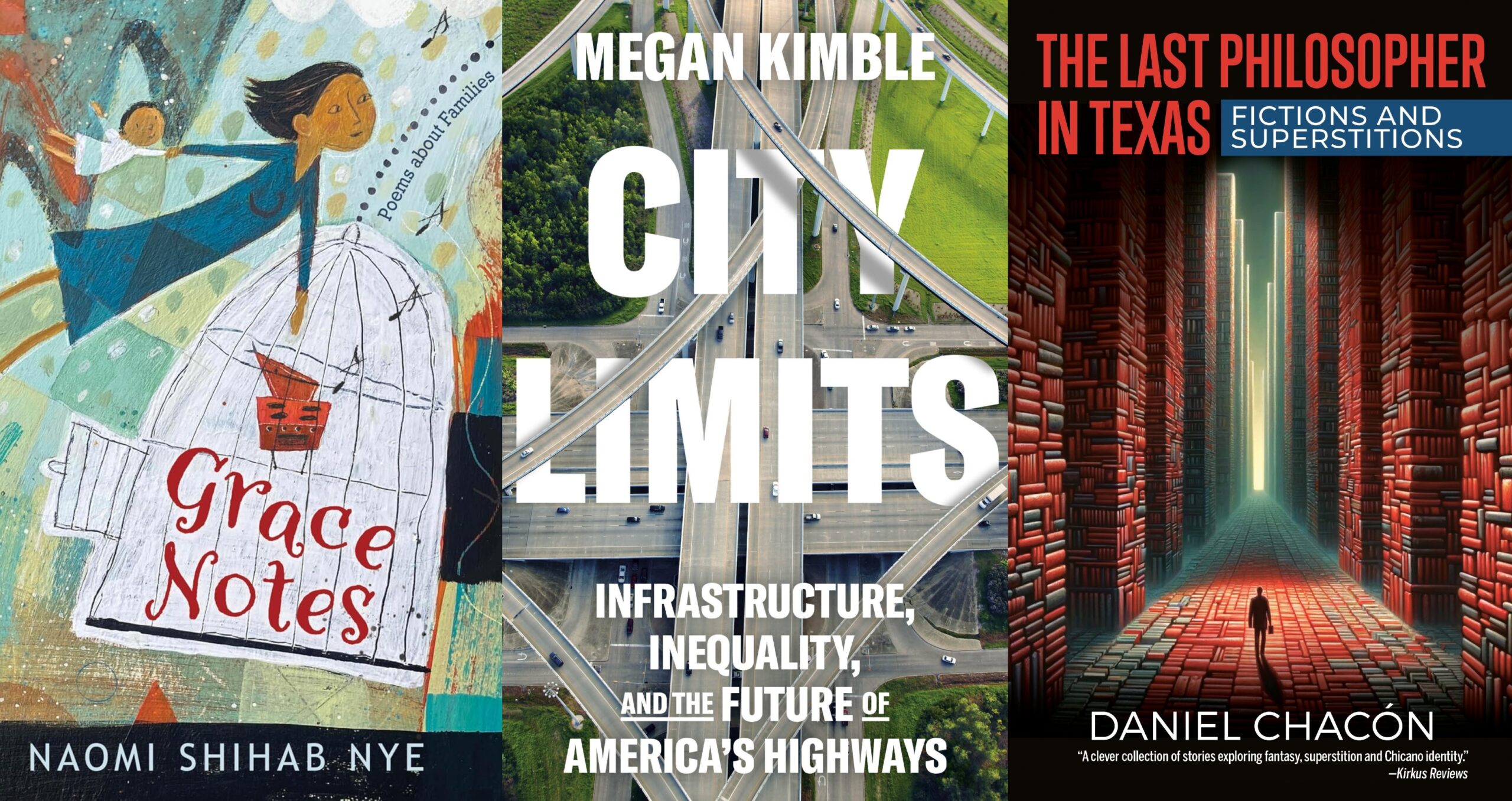What Sanctuary?
It’s no secret that the heated debate over immigration during the recent legislative session deepened the divide between minority communities and the Anglo establishment over the role of law enforcement.
Hearings for the so-called “sanctuary cities” bill that would have allowed police to act as immigration agents highlighted the stark differences. Hispanics, African Americans, and Asian Americans time and again voiced their concerns over unwarranted stops and racial profiling, while the majority of Anglo legislators seemed to be genuinely puzzled by these worries.
During one particularly long hearing, Republican Sen. Tommy Williams, co-author of SB 9, the sanctuary cities bill, told the hearing’s participants that racial profiling wasn’t an issue. “[O]fficers must have probable cause before detaining someone, and we have a long history of protecting probable cause in this state.” This would prevent the police from pulling people over just because of their skin color, he claimed.
That argument made sense to Sen. Williams, but I doubt that many Texans of color in the hearing room bought what he was selling. If Sen. Williams reads a report released last week by Austin’s Office of the Police Monitor, maybe he’ll understand why.
The report is an eye opener. The city-run agency that tracks police procedures and complaints reports that Austin police searched Hispanics’ cars twice as often as Anglos’ cars. And police searched African Americans’ cars more than three times as often. In spite of all those searches, police found contraband in Hispanics’ and African Americans’ cars at about the same rate they did in Anglo cars, the report revealed.
Debbie Russell, a volunteer with ACLU-TX, described the disconnect between Anglos and minority communities when it comes to police harassment: “these are things the black community is aware of, the Hispanic community is aware of; whites just don’t pay attention to it.” They don’t pay attention because racial profiling does not directly affect them.
APD Chief Art Acevedo, who gave compelling testimony against sanctuary cities legislation, nonetheless defended his department after the release of the report. Acevedo argued that the report doesn’t indicate where stops were made, how many officers were deployed, or whether there was probable cause for the searches.
Russell doesn’t buy the excuses about where stops occurred: “Probable cause is probable cause–just because they live in a high crime area doesn’t mean there’s probable cause [to search their car].”
The report’s findings are in line with what many witnesses said during SB 9 hearings: police do treat minorities differently than they treat Anglos. Dr. Gloria Rodriguez of San Antonio said that, though she has her doctoral degree and runs a multi-million dollar company, she was once detained by border patrol and asked to show her passport at an airport. “It felt as if I was in line, and I was wearing a star,” she told the senate committee.
Several of the mostly Anglo supporters of the legislation said they didn’t believe racial profiling really happens. Elizabeth Thais, of Stop the Magnet in Houston, an anti-immigration organization, said she believed “if there is a procedure” in place to protect against racial profiling, then it simply will not occur.
The OPM report shatters that argument. APD says it does not allow officers to use racial profiling, and yet Hispanics and African Americans are singled out for car searches more often than whites, and African Americans are pulled over in disproportionately high numbers.
The OPM report illustrates that despite Austin’s policies against racial profiling, police officers still treat minorities differently. That fact may not sway the hearts and minds of Sen. Williams and other supporters of sanctuary city legislation, but it should. If Anglo legislators can come to understand the realities of “driving while brown,” maybe they’ll stop writing bills that would encourage racism.

